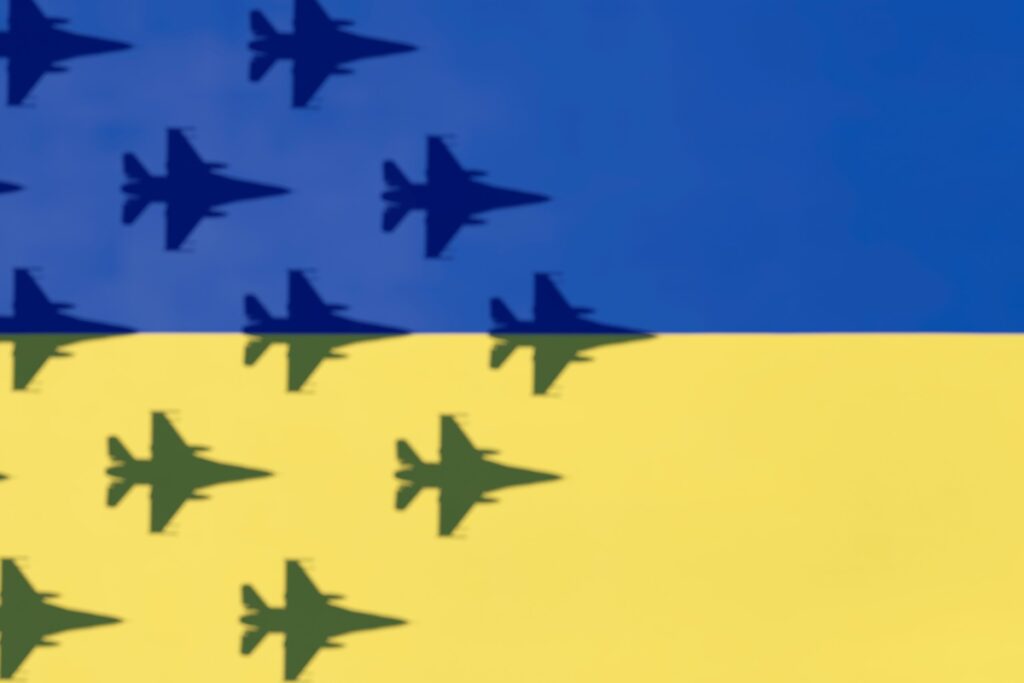Germany has declined to participate in the international coalition agreement to provide Ukraine with F-16 fighter jets or pilot training.
The decision was made after a summit of European leaders in Reykjavik, where Britain announced it was working with the Netherlands to establish an international coalition with the aim of assisting Ukraine in acquiring F-16 jets from allied nations.
Following the event President Volodymyr Zelensky congratulated the fighter jet coalition. “A good start to the coalition! Thanks everyone!” Zelensky said.
However, the coalition started to crumble the day after it was announced, with the spokesperson for Dutch Prime Minister Mark Rutte denying that a concrete agreement had been made.
On May 17, 2023, the German defense ministry stated that while the country had “a positive view of the Dutch-British push to form a fighter jet coalition for Ukraine,” its focus will remain on providing tanks, ammunition, and equipment repairs.
German Defense Minister Boris Pistorius says that the country is simply not capable to fulfill the requirements for the Ukraine jet alliance: “We cannot play an active role in such an alliance, in such a coalition, because we have neither the training capacities, the competencies or the planes.”
The government appears to offer a united response regarding the fighter jet issue, with the head of the parliamentary defense committee, Marie-Agnes Strack-Zimmermann, who previously called for an increase in weapon deliveries, agreeing that German jets are not suitable for operation in Ukrainian airspace.
Despite ruling out the direct aircraft supply, the country recently approved Poland’s request to supply Ukraine with Soviet-era jets left over from the communist East German army’s inventory.
Delivery of F-16 jets to Ukraine has been restricted due to fears of conflict escalation. Allies have previously supplied weapons to Ukraine needed for self-defense. But a fighter jet like the F-16, with its 2,700-kilometer range, could potentially target locations in Russia.
